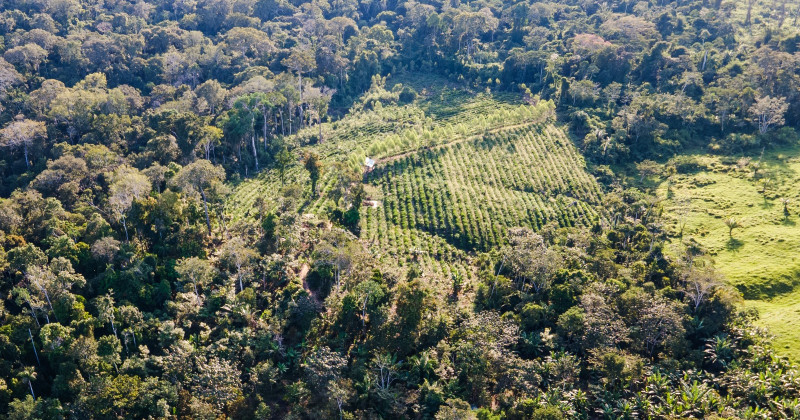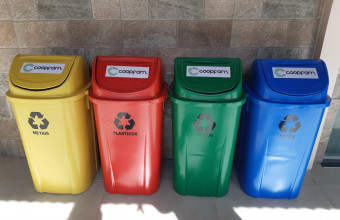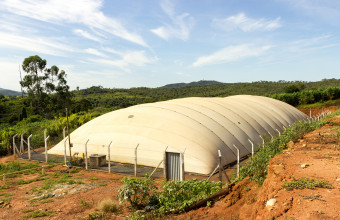The Amazon forest has huge potential for ecological economy and sustainable agricultural production. Cooperacre (Acre Central Extractive Commercialization Cooperative), a reference in green economic progress, is making the region a reference on the topic.
Founded in 2001, Cooperacre was created to bring together extractive cooperatives in the state to seek better commercial conditions and business opportunities. At first, it only had a warehouse in the capital Rio Branco, but it began to grow in 2003, with its first Brazil nut processing industry. Today there are three industrial plants just for chestnuts and five in total.
According to Francisco Weverton, coordinator of the Cooperacre project sector, the most recent of them, opened in 2016, is “one of the largest and most modern processing industries in the segment in Brazil”.
Cooperacre operates with a focus on providing income for its members through high-quality products and environmentally sustainable production. So much so that, in factories, chestnut shells are used to produce biofuel, which powers the unit itself.
Protecting the environment is essential for the long-term survival of the cooperative, since deforestation puts the health of chestnut trees at risk. Today, Cooperacre is the largest producer of Brazil nuts in the country and has plans to be the largest in the world in the future.
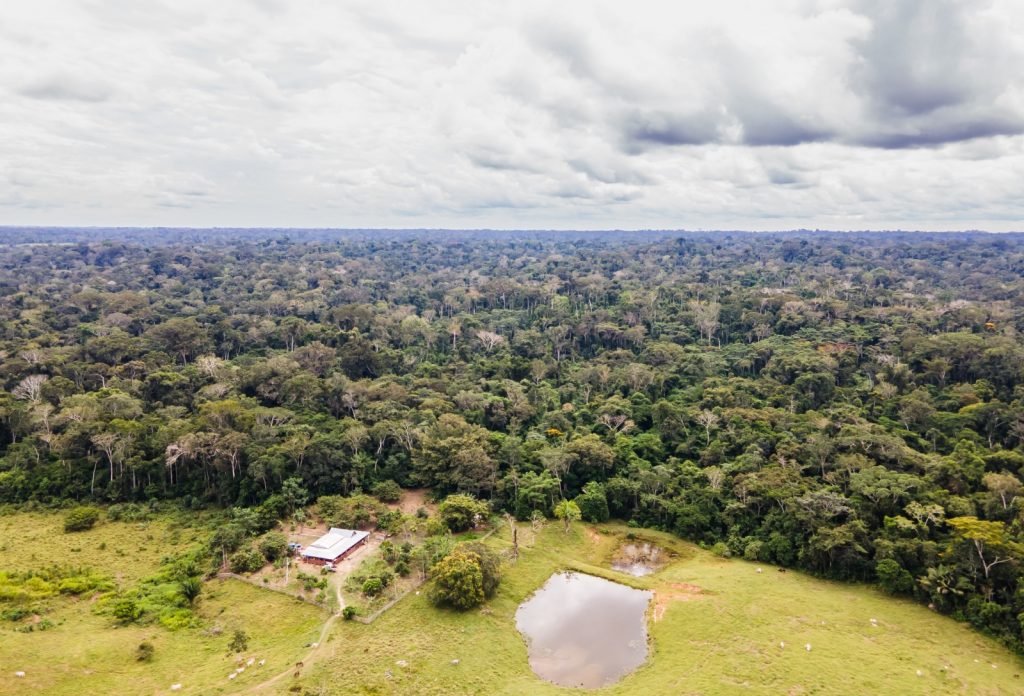
Infrastructure for the environment
Cooperacre’s nut production also helps the state’s economic progress, as it represents a considerable share of Acre’s exports. Furthermore, the cooperative has been expanding its product portfolio, providing more options to generate wealth for local producers, with the support of technology and innovation.
Currently, Cooperacre has 30 community warehouses for storage, four central warehouses and five industries for processing nuts, fruit pulp and latex. Their products are certified, organic and toxin-free.
To combine the increase in production and environmental preservation, Cooperacre received support from the Amazon Fund, created by the Federal Government to support actions to prevent, monitor and combat deforestation and promote conservation in the Amazon region.
The project “Strengthening the Sustainable Forest-Based Economy”, completed in 2019, received almost US$ 1,021,000 from the fund. The initiative worked on behalf of small landowners and presented several positive results for the bioeconomy of the forest in Acre, such as the restoration of degraded areas and modernization of the production process.
Productive diversity
In parallel to this, since its foundation, Cooperacre has been present in the state’s native rubber production chain, being responsible for the treatment and sale of inputs. Extracted from latex – a milky sap that comes out of the bark of the rubber tree – Cooperacre’s rubber production values care for the environment.
In this area, in 2017, the cooperative began operating its GEB (acronym for Brazilian Dark Granulate) processing plant. This resulted in Cooperacre consolidating itself as the largest buyer of rubber in the northern region of the country.
In addition, Cooperacre also operates in the cultivation of 10 species of tropical and native fruits, which are sold in the frozen pulp market throughout the national territory, and peach palm hearts.
Now, in 2024, Cooperacre is preparing to start operating the most modern tropical fruit processing agroindustry in the northern region, as well as Amazon Robusta Coffee processing operations.
“With this strategy of expanding and diversifying the production base, Cooperacre believes that it will be offering more options for producing families to use their areas in an optimized way, generating more alternatives for sustainable production and income for extractive and family farming families in the Amazon” , explains Weverton.
Focus on people and nature
Cooperacre was created with the aim of improving commercial conditions for local producers, in order to generate more income for families and develop the entire community. And this logic continues to guide the cooperative’s activities, which generate employment and indirect economic impacts.
With its diversified portfolio of products compatible with forest preservation, Cooperacre also contributes to the diversification of economic activity in extractive reserves and agrarian reform settlements in the Amazon region.
“The promotion of a low-carbon economy and high social inclusion is at the heart of Cooperacre’s business strategy”, says Francisco Weverton to Cooperação Ambiental.
All of this becomes possible when local products are competitive both in the national market and for export. Cooperacre products are already present in most Brazilian states, in addition to the United States, United Arab Emirates, United Kingdom, Netherlands, Italy, Kuwait, Peru, Lithuania, Russia and Chile.
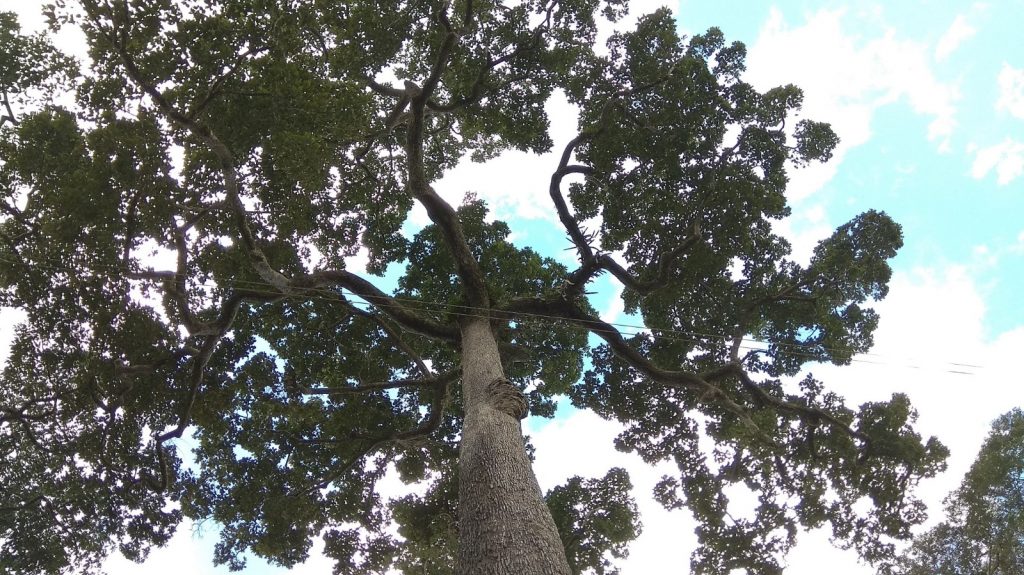
Recognized innovation
“Innovation is a natural process to maintain the market and Cooperacre is always looking for ways to improve production procedures and processes both in the territories of agro-extractive family production, as well as in contemporary agendas for strengthening a low-carbon economy with inclusion in the Brazilian Amazon”, narrates the coordinator of the project sector.
So much so that Cooperacre won the SomosCoop 2022 Award, held by the Organization of Brazilian Cooperatives (OCB), in the innovation category. Cooperacre’s award-winning project, “Strengthening Extractivism and Enabling Sustainable Development Through Technology”, contributed to the cooperative, in addition to improving its products, being able to reduce the risks of contamination.


